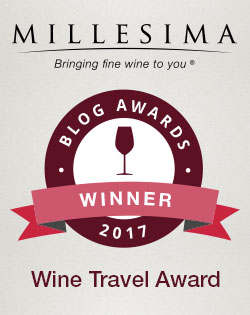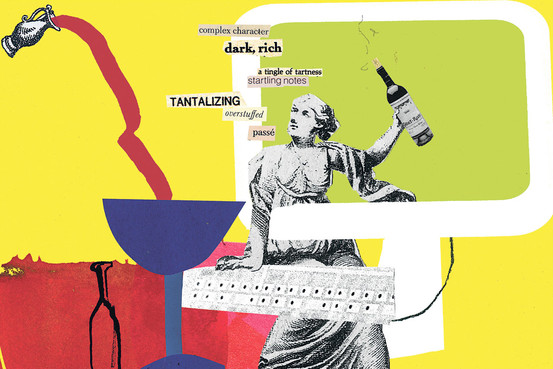Iron Maiden
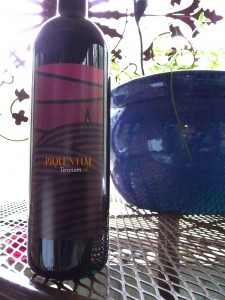 Many people think of Teran, when they think of it at all, as a varietal, which it is, except when it isn’t.
Many people think of Teran, when they think of it at all, as a varietal, which it is, except when it isn’t.
Officially, Teran can only be grown in iron-rich terra rossa, the karst soils found in specific sections of northeastern Italy, Slovenia and Istria. “Teran” grapes grown elsewhere are merely Refosco (or Refošk). Teran then, by definition, is not just a varietal but an expression of its terroir.
I’d sampled some Slovenian Terans when I visited a few years ago, and honestly, I didn’t like them very much. They may very well have been well-crafted wines, but the notes of iron simply didn’t agree with me. I feel the same way about Bleu, Stilton and Gorgonzola cheeses — however lovingly and artisinally made they may be, I can’t get over the moldy taste. It’s a flaw, I know, but what can I do?

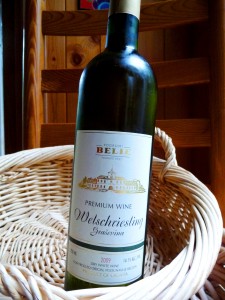
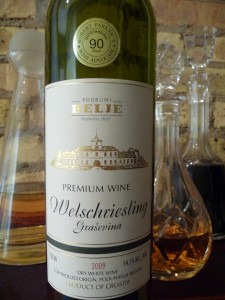
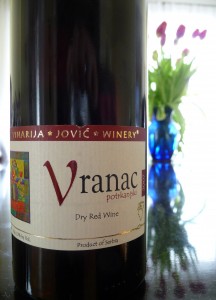 In Fine Spirits
In Fine Spirits